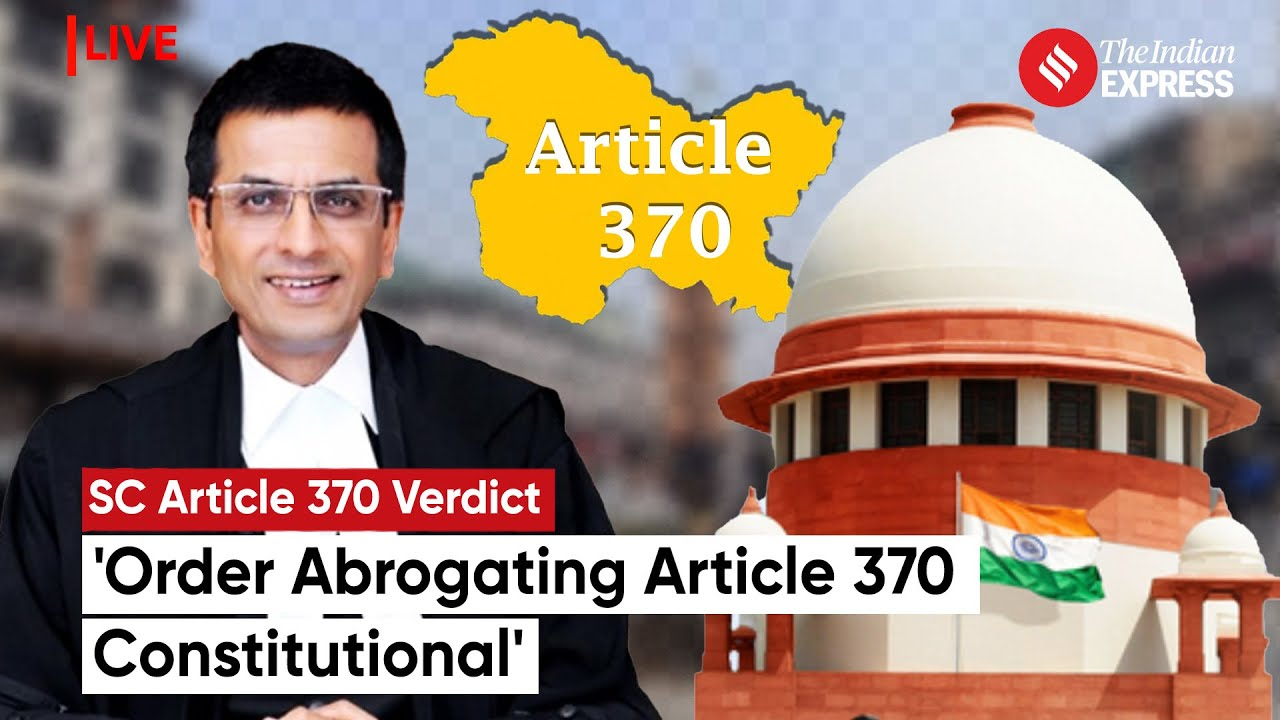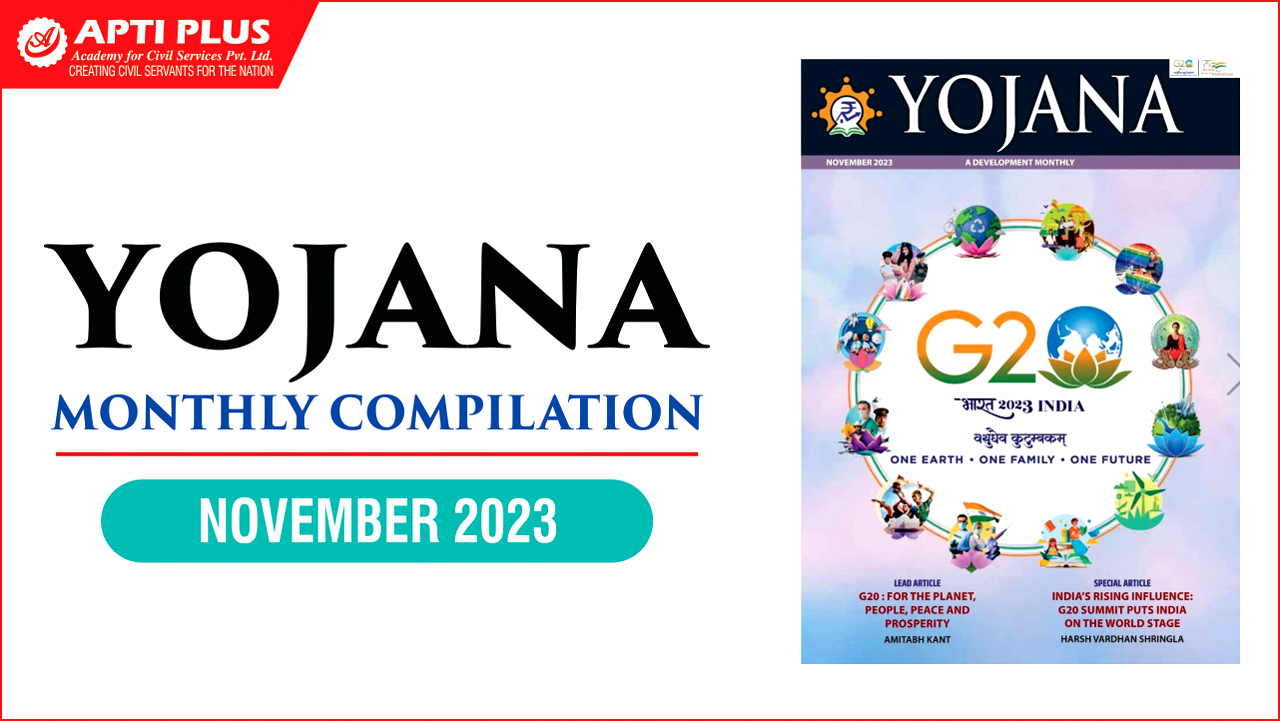Description

Copyright infringement not intended
Picture Courtesy: Indian Express
Context: The Supreme Court's verdict on the abrogation of Article 370 is a significant development related to the constitutional status of Jammu and Kashmir.
Details
- The Supreme Court, in a five-judge bench led by the Chief Justice of India (CJI), upheld the validity of the Constitutional order revoking Article 370, asserting that Jammu and Kashmir lacked internal sovereignty post its accession to India.
Background
- Article 370 of the Indian Constitution granted special autonomy to the state of Jammu and Kashmir.
- On August 5, 2019, the Indian government abrogated Article 370 through a Presidential order, thereby revoking the special status of Jammu and Kashmir.

Key Highlights of the Supreme Court's Verdict
- The court declared the Constitutional order that revoked Article 370 as valid.
- CJI stated that Jammu and Kashmir held no internal sovereignty after accession to India. This implies that the special status under Article 370 did not grant internal sovereignty to the region.
- The court explicitly acknowledged the reorganization of Jammu and Kashmir as a temporary measure.
President's Orders
- The court found no prima facie case that the President's orders in 2019 were mala fide (in bad faith) or an extraneous exercise of power. This suggests that the decision to abrogate Article 370 was not made with improper motives.
Reorganization into Union Territories
- While recognizing the reorganization of the state into Union Territories in 2019 as a temporary measure, the court directed the government to work towards the restoration of statehood.
- The court emphasized that the reorganization was a temporary move, indicating the possibility of revisiting the Union Territory status in the future.
Restoration of Statehood and Elections
- The court directed the government to take steps for the restoration of statehood to Jammu and Kashmir.
- It also instructed the conduct of Legislative Assembly elections in the region.
Truth and Reconciliation Commission
- Justice Kaul, in his concurring opinion, suggested the establishment of a Truth and Reconciliation Commission in Jammu and Kashmir.
- This commission would be tasked with acknowledging and addressing alleged rights violations in the region, indicating a commitment to justice and reconciliation.
|
Significance of the Verdict
●The verdict reaffirms the legality of the government's decision to abrogate Article 370.
●It acknowledges the temporary nature of the reorganization and paves the way for the restoration of statehood and democratic processes in Jammu and Kashmir.
●The recommendation for a Truth and Reconciliation Commission reflects a commitment to addressing human rights concerns in the region.
|

Conclusion
- The Supreme Court's verdict not only validates the constitutional order but also outlines steps for the future, including the restoration of statehood, holding elections, and addressing past grievances through a Truth and Reconciliation Commission.
Must Read Articles:
Status of Jammu and Kashmir: https://www.iasgyan.in/daily-current-affairs/status-of-jammu-and-kashmir#:~:text=The%20state%20of%20Jammu%20and,property%20in%20Jammu%20and%20Kashmir.
Jammu and Kashmir Special Status: https://www.iasgyan.in/daily-current-affairs/jammu-and-kashmir-special-status
|
PRACTICE QUESTION
Q. How does the federal structure of government in India contribute to the distribution of powers and responsibilities between the central and state governments, and what impact does it have on the country's governance and socio-economic development?
|
















